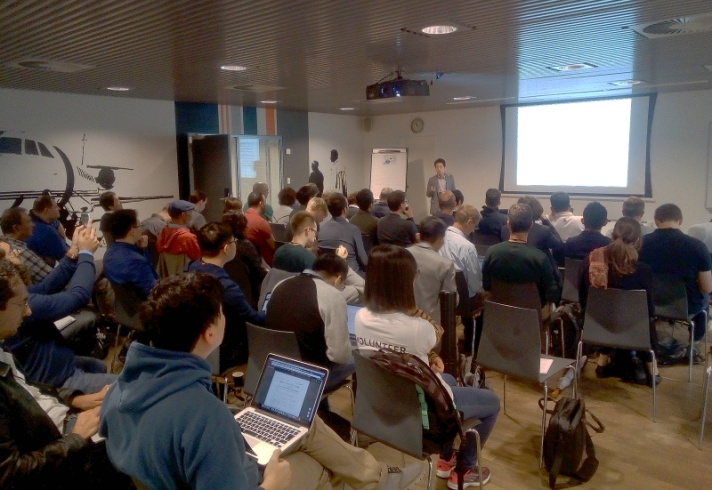News
Thanks for participating and making it such a successful workshop!

- 2017-09-18 Slides for the invited talk by Christian Kock are available for download.
- 2017-09-04 The workshop takes place in the CPH Conference building, room Kastrup Airport/Kastrup Lufthavn (room no. 1 on the 1st floor); detailed directions are also in the conference handbook. All workshops and tutorials will have lunch in Øksnehallen.
- 2017-08-09 All papers are already available for download
- 2017-08-03 We are happy to announce our guest speaker: Christian Kock (Professor of Rhetoric at the Department of Media, Cognition and Communication at the University of Copenhagen) will give an invited talk entitled Practical Argumentation, alias Rhetoric: From Argument Mining to Argument Assessment? See the program for more details.
- 2017-07-21 Workshop program is now available
- 2017-07-10 List of accepted papers available
- 2017-06-07 Double-submission policy updated, see Call for papers (TLDR: It’s O.K. but think twice before doing so)
- 2017-05-30 Submission deadline extended to June 9, 2017
- 2017-02-07 First Call for papers published
- 2017-01-11 Workshop website is up
About the workshop
Argument mining (also, “argumentation mining”, referred to as “computational argumentation” in some recent works) is a relatively new challenge in corpus-based discourse analysis that involves automatically identifying argumentative structures within discourse, e.g., the premises, conclusion, and argumentation scheme of each argument, as well as argument-subargument and argument-counterargument relationships between pairs of arguments in the document. To date, researchers have investigated methods for argument mining in areas such as legal documents, on-line debates, product reviews, academic literature, user comments on proposed regulations, newspaper articles and court cases, as well as in dialogical domains. To date there are few corpora with annotations for argumentation mining research although corpora with annotations for argument sub-components have recently become available.
Proposed applications of argumentation mining include improving information retrieval and information extraction as well as end-user visualization and summarization of arguments. Textual sources of interest include not only the formal writing of legal text, scientific writing and parliamentary records, but also a variety of informal genres such as microtext, spoken meeting transcripts, product reviews and user comments. In instructional contexts where argumentation is a pedagogically important tool for conveying and assessing students’ command of course material, the written and diagrammed arguments of students (and the mappings between them) are educational data that can be mined for purposes of assessment and instruction. This is especially important given the wide-spread adoption of computer-supported peer review, computerized essay grading, and large-scale online courses and MOOCs.
Success in argument mining will require interdisciplinary approaches informed by natural language processing technology, theories of semantics, pragmatics and discourse, knowledge of discourse of domains such as law and science, artificial intelligence, argumentation theory, and computational models of argumentation. In addition, it will require the creation and annotation of high-quality corpora of argumentation from different types of sources in different domains.
The goal of this workshop is to provide a follow-on forum to the last three years’ Argumentation Mining workshops at ACL and NAACL, the first research forum devoted to argumentation mining in all domains of discourse.
